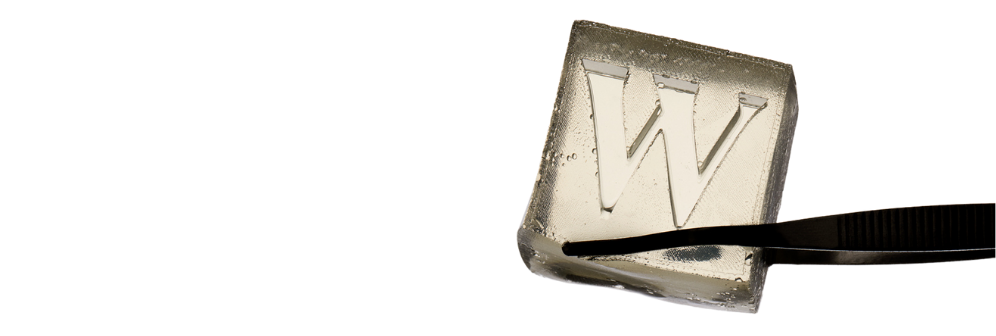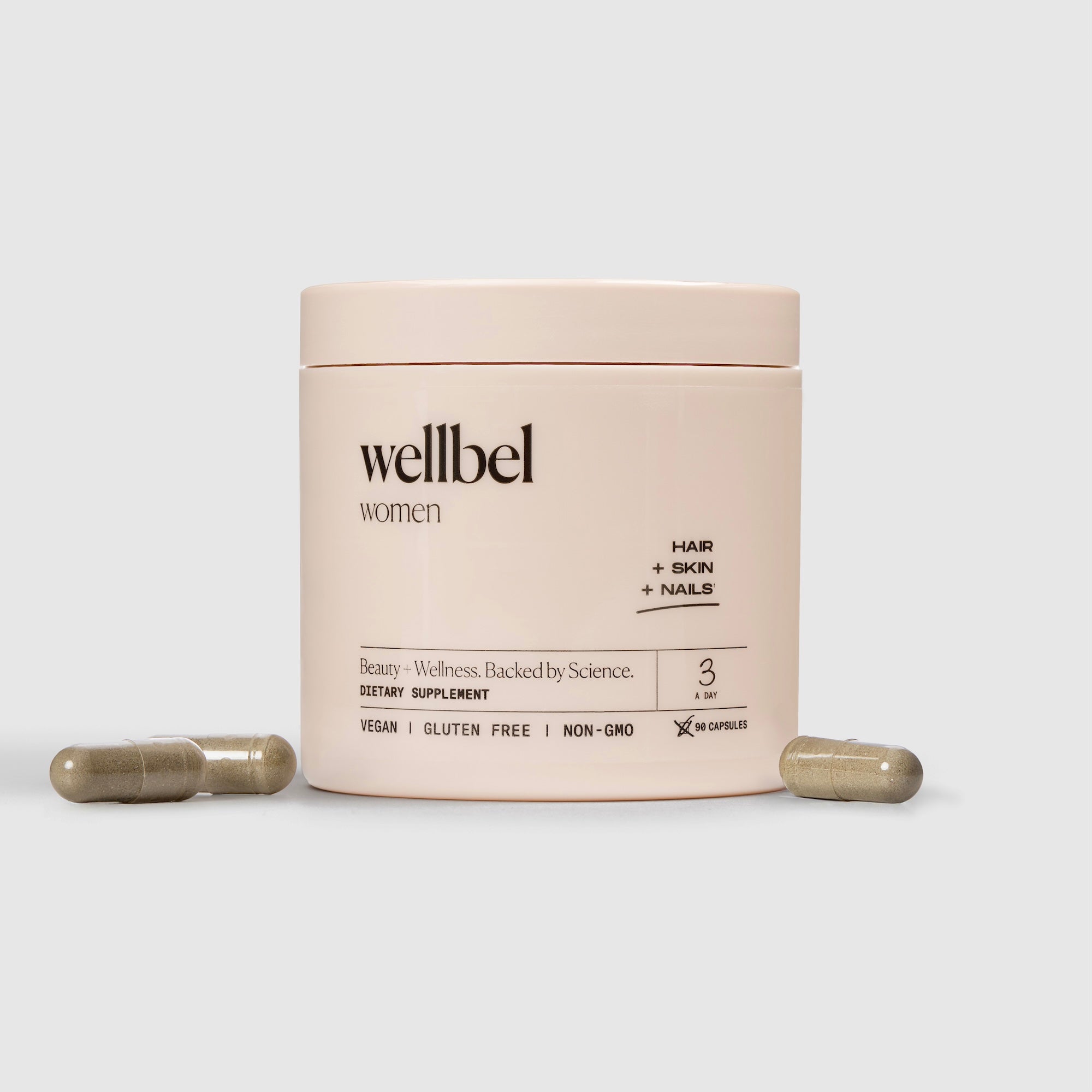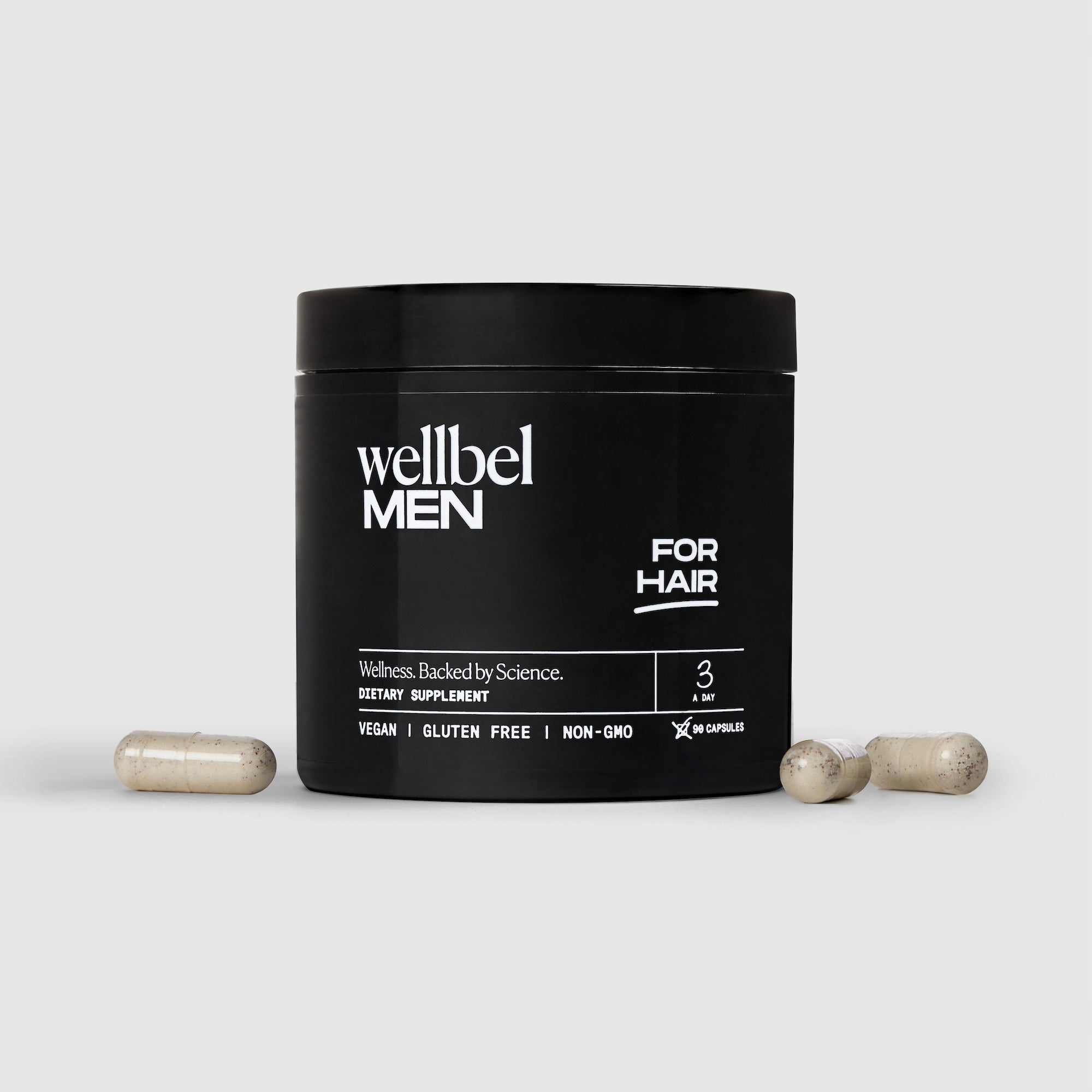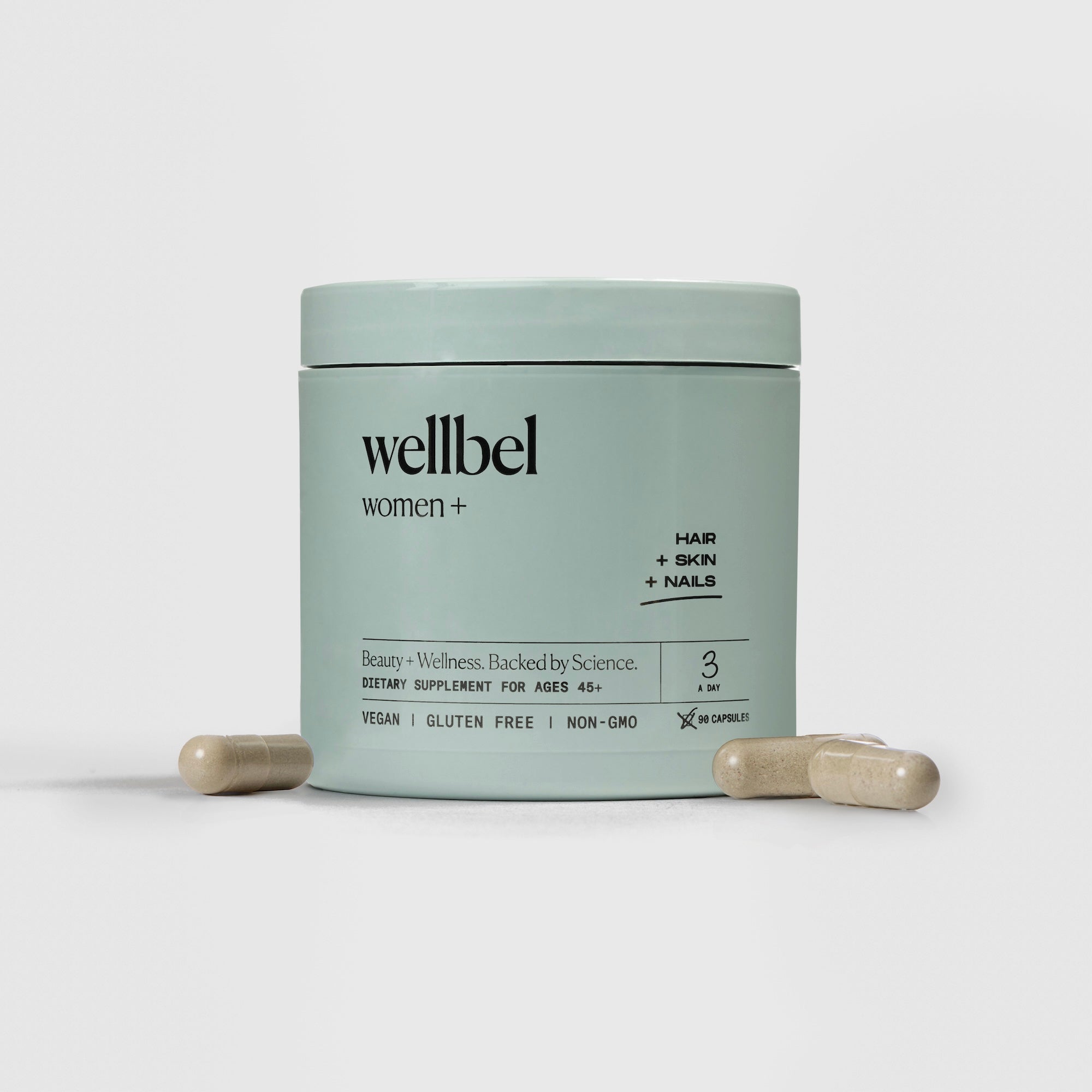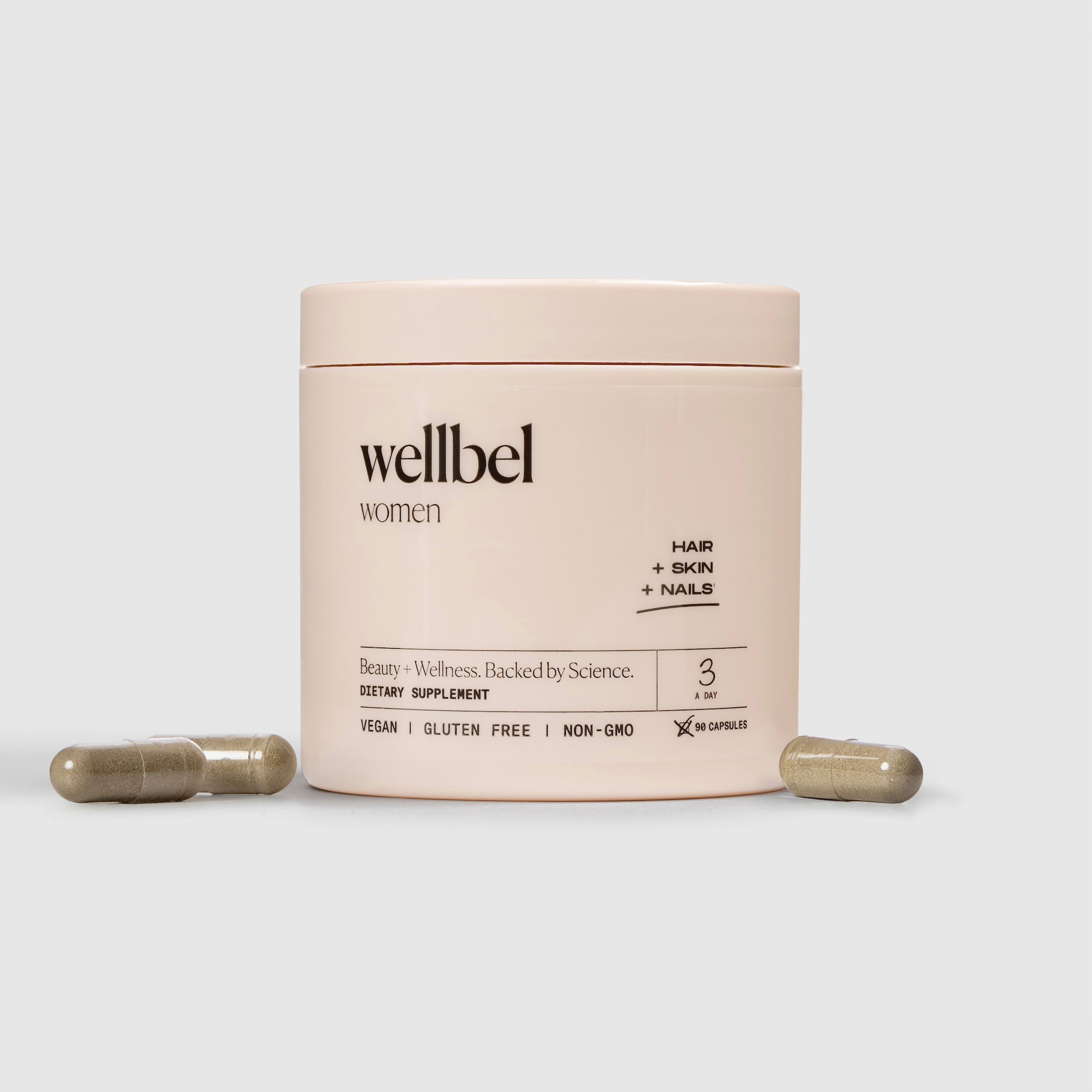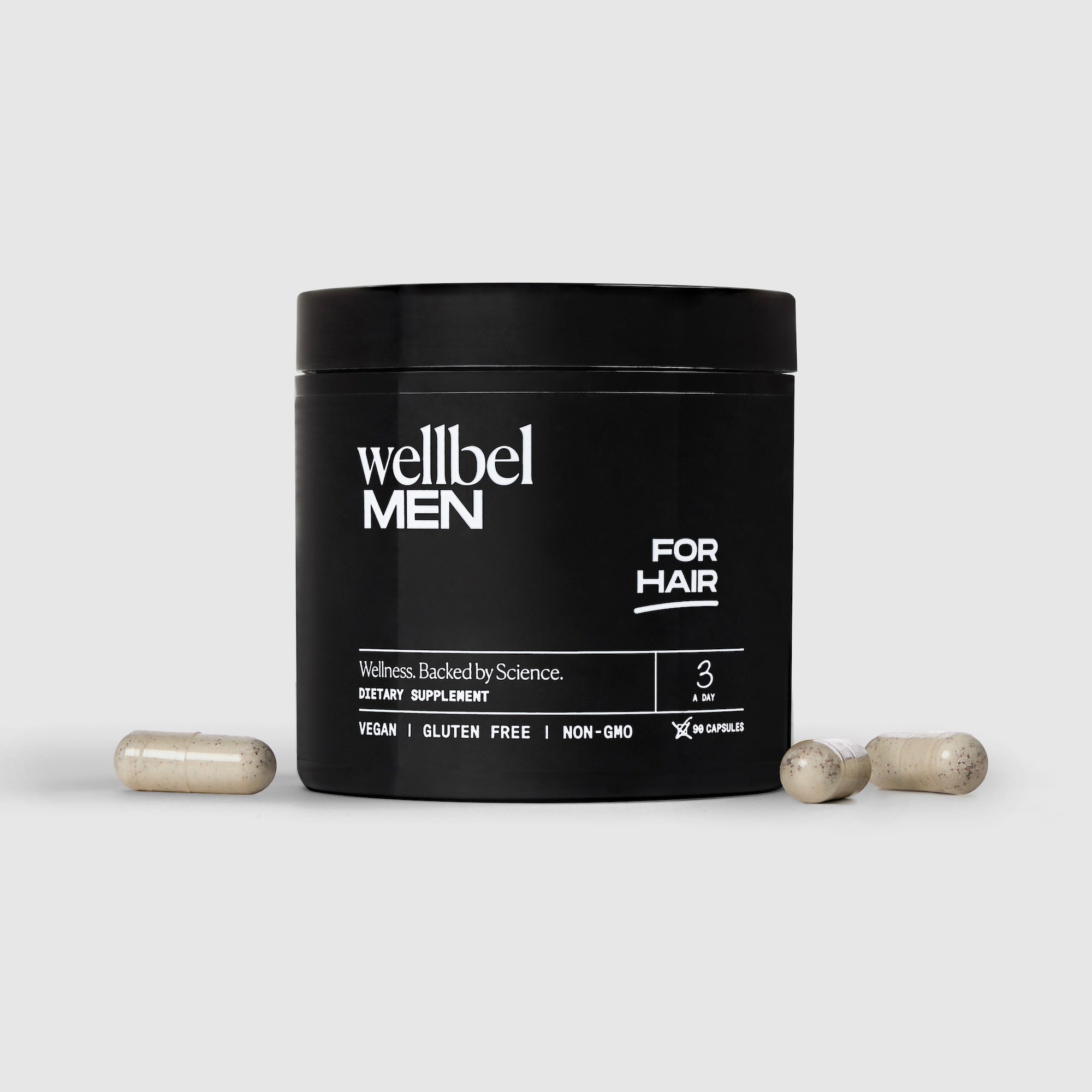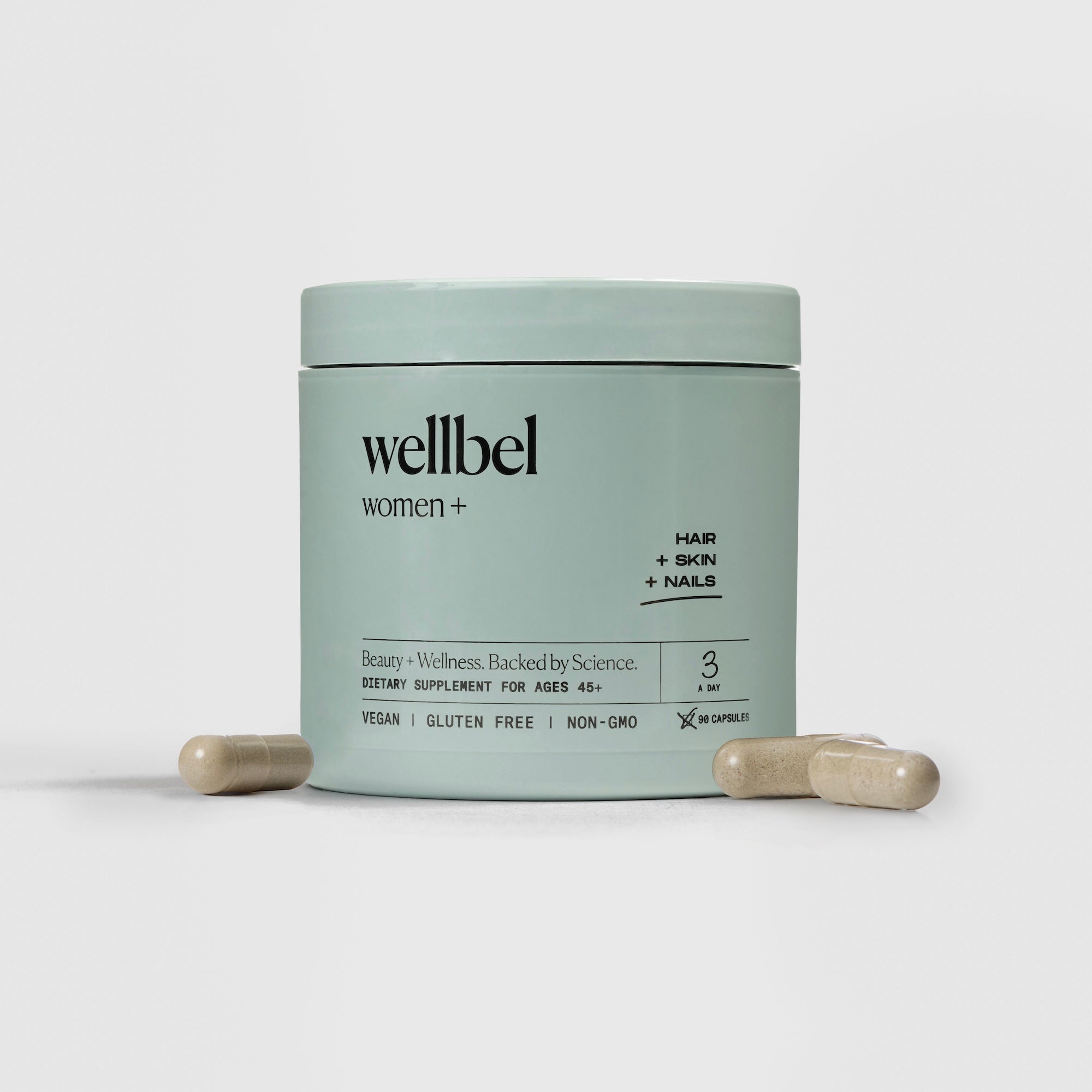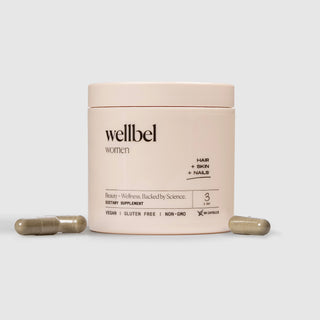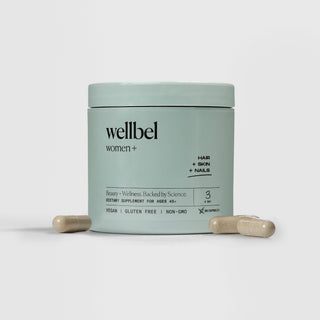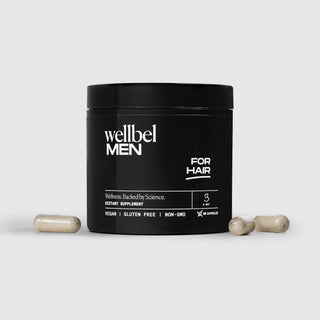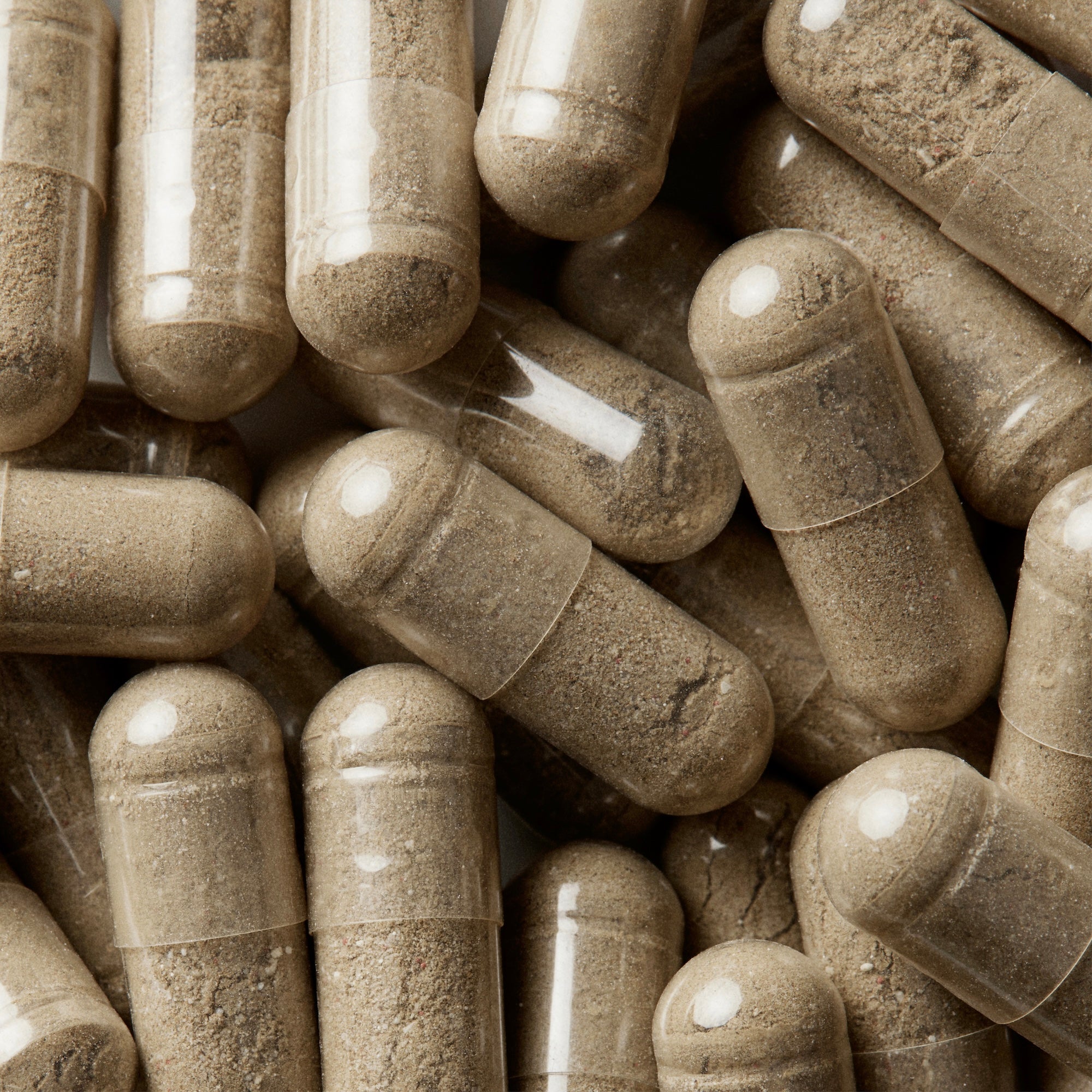Today, we’re going to touch on one of our favorite topics: scalp health.
The scalp is the foundation of healthy hair, and it's important to maintain its balance to keep your hair looking its best. People tend to focus on topical treatments and regular cuts when it comes to hair upkeep, but the truth is that scalp health is just as, if not more, important.
Like many other parts of your body, your scalp will tell you when something’s off. Signals can look like itching, discomfort, flaking, and weak, fragile hair. But thankfully, there’s a lot you can do to restore your scalp’s health from within and help it to produce stronger, more resilient hair.
In this post, we'll explore the importance of scalp health, the role of the scalp microbiome, and the steps you can take to maintain a healthy scalp and promote healthy hair growth. Whether you're dealing with hair thinning, dandruff, or just looking for ways to improve the overall health of your hair, this guide is for you.
Understanding Your Scalp’s Needs
Let’s start with a little bit of biology, because hair care is a science in addition to an art!
Start At The Roots
Sometimes it can feel like your hair is taking forever to grow, but we promise beneath the layer of your scalp’s skin there are over a million hair follicles producing new proteins which become hair strands.
Hair follicles are tubular structures in the scalp. They are made up of several components, including the hair shaft (the visible part of the hair), the root (the part of the hair that is beneath the scalp), and the hair bulb (the base of the hair follicle that contains the cells that produce the hair shaft).
Hair follicles are highly responsive to internal wellness and can be influenced by factors like nutrition, hormones, and stress. For example, a lack of essential vitamins and minerals can lead to hair loss, while hormonal imbalances can cause hair to thin or stop growing altogether.
The Hair Growth Cycle
Let’s talk a little more about that healthy hair growth cycle and what can disrupt it. At any given moment, your hair is likely in one of three main phases:
- Anagen phase: This is the active growth phase of the hair cycle, where the hair follicle is producing a new hair strand. The anagen phase can last anywhere from two to seven years and is influenced by genetics, hormones, and overall health.
- Catagen phase: This is the transitional phase, where the hair follicle begins to shrink and the hair growth slows. This phase lasts for about two to three weeks.
- Telogen phase: This is the resting phase of the hair cycle, where the hair follicle is dormant and the hair strand is released from the scalp. Also known as, hair shedding.
The lengths of these phases depend on a variety of factors. Hormonal changes and stress can cause gradual or sudden hair loss, like androgenetic alopecia and telogen effluvium, respectively.
Your Natural Scalp Condition
The last thing we’ll touch on during our overview of scalp biology is its microbiome. Yes, every scalp has its own unique microbiome (like your gut!), which is made up of a diverse community of microorganisms, including bacteria and yeast. The balance of these microorganisms on the scalp is important for maintaining healthy hair, as it helps regulate oil production and prevent the overgrowth of fungi, which can cause dandruff.
That said, some scalps are naturally more prone to oiliness or dryness. An oily scalp can result in excess sebum production, which can clog hair follicles and lead to scalp conditions such as build up and itching. On the other hand, a dry scalp can result in dry, flaky skin and hair that is prone to breakage.
Understanding your own scalp’s needs will help you build a regimen to give it what it needs to thrive. Which brings us to…
Building a Routine for Scalp Health: Tips and Tricks
Our main agenda! Giving you tips to keep your scalp healthy and reap the benefits with healthier hair.
Supplement Your Diet for Scalp Health
The rate at which you produce new hair and the strength of the proteins that bond together and make up your hair shaft, is in many ways responsive to your internal wellness.
Key B vitamins like folic acid and biotin as well as vitamin A, all play crucial roles in cell renewal and tissue generation. If you want a healthier scalp, you have to start with your nutrition. While eating a balanced diet can help support your vitamin intake, one of the best ways to guarantee you’re getting enough of these vitamins is to take a supplement, like Wellbel.
Both Wellbel Women and Wellbel Men are made with clean, vegan ingredients that support hair health. They also include saw palmetto, a plant-based ingredient that helps to address hormonal and genetic hair loss. All it takes is three pills a day to promote healthier hair and scalp balance. What’s easier than that?
Designate a Scalp Care Day
The best thing you can do for your scalp is to nourish it from within, but we have a few more tips for achieving optimal scalp health.
Like, picking a day of the week to give your scalp and hair the attention it deserves. We love routine, so designating a specific day for scalp care helps us build the practice and stay consistent.
Everyone’s routine will look a little different depending on their scalp’s needs, but here’s an example to start with:
On your scalp care days, start by using a scalp brush in circular motions to gently massage and exfoliate the skin and remove dead skin cells, product build up, dirt, and oils. This also helps increase circulation to the scalp, which can promote hair growth.
Next, give your scalp a deep clean and wash your hair with a clarifying shampoo or scalp scrub to remove impurities and unclog hair follicles. Finally, treat your hair to a nourishing hair mask, which will help to hydrate and keep your scalp moisturized, leaving you with healthy, silky-smooth hair.
Swap Out Harsh Products
In addition to keeping a close eye on the ingredients that go into your diet, it’s also a good idea to scrutinize the ingredients that go on your scalp.
Choose shampoos and conditioners that are made with natural, high-quality ingredients, and free from harsh chemicals like sulfates.
Sulfates are detergents commonly found in shampoos and other personal care products. While they are effective at cleaning the hair and removing oils and dirt, they can also strip the hair of its natural oils, leaving it dry and brittle. Sulfates can also irritate the scalp, causing itching, redness, and flakiness — if you already deal with a dry or itchy scalp, then sulfates are a big no no.
On the other hand, natural, nourishing ingredients like essential oils, vitamins, and minerals can help to nourish and protect a healthy scalp, promoting hair growth and preventing hair breakage.
Protect Your Scalp From the Elements
Just like the rest of our skin, the scalp is susceptible to sun damage, which can cause dryness, redness, and itching, not to mention discomfort.
Exposure to UV rays can also have a negative impact on the health of the hair, causing it to become prone to breakage. Furthermore, sunburn can also cause the scalp to become inflamed, which can lead to temporary hair loss and slow down hair growth.
To protect your scalp from sunburn, take steps to limit your exposure to UV rays. This may mean wearing a hat or a scarf, seeking shade, or applying sunscreen to your scalp, focusing on your part. Everyone’s different.
We know it may feel a little extra to put sunscreen on your scalp but trust us, your scalp health is worth it.
The Bottom Line on Scalp Health
Let’s recap.
If you're looking to upgrade your hair care routine and take your scalp health to the next level, consider incorporating a scalp care day, switching to sulfate free shampoos and conditioners, focusing on natural ingredients, and taking hair supplements like Wellbel to support the health of your scalp and hair.
The good news is that internal wellness is like a rising tide. It will lift the boat of your scalp’s health, your hair’s appearance, your skin’s appearance, and the way you feel overall.
Sources:
Hair Follicle | Cleveland Clinic
Should you be using sulfate-free shampoo? Here's what an expert says | Today
